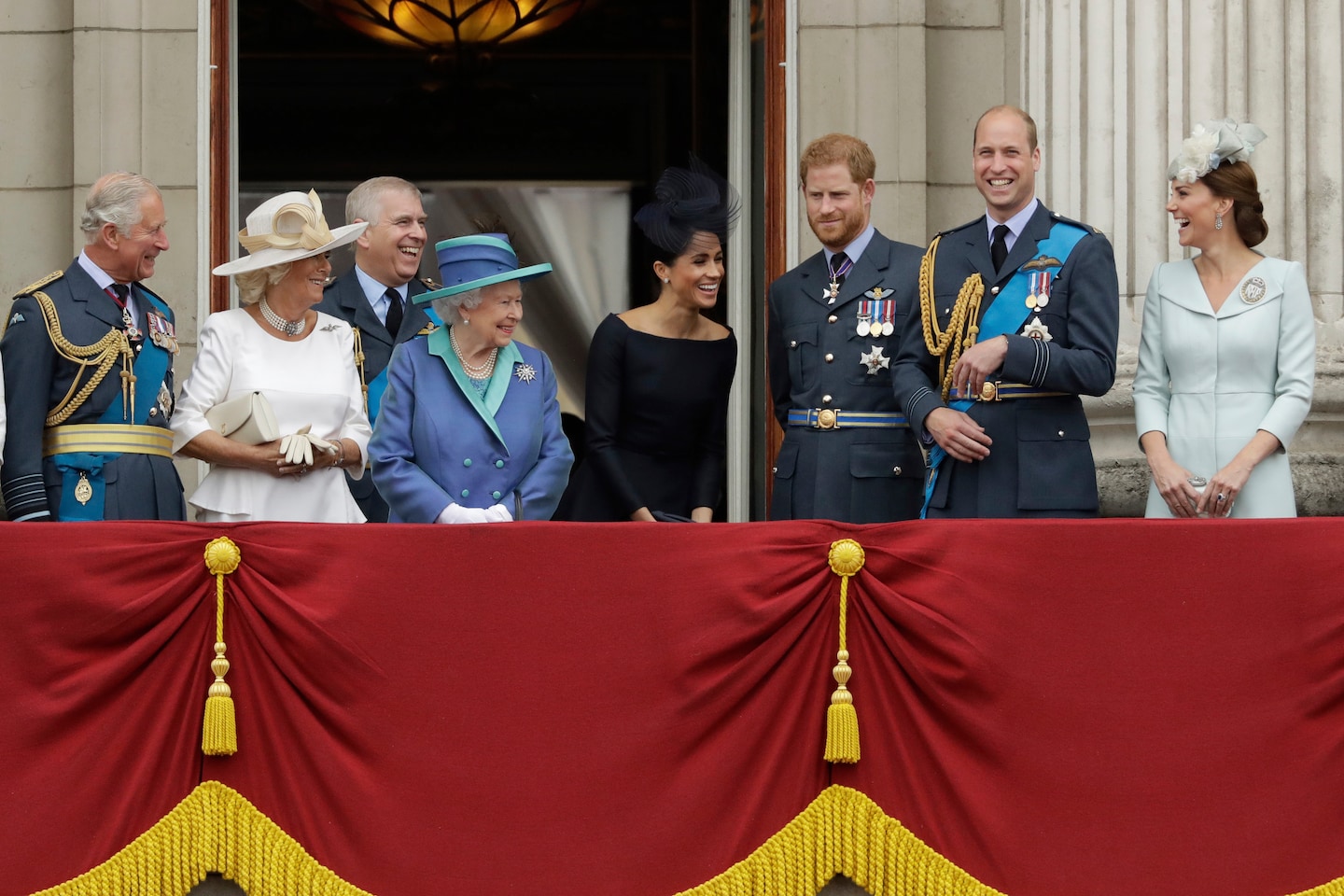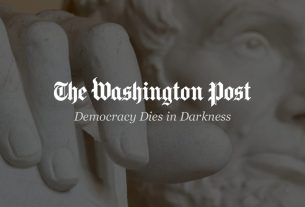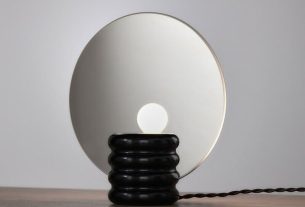What evidence? Fed by whom? Are King Charles III or Prince William to blame? Or anonymous palace couriers? Stay tuned, the Sussexes and their Netflix partners hope.
So far, the series appears to have done little in Britain to change minds about the royal renegades, who in 2020 quit as “senior working royals,” moved to California and — having freed themselves from rules constraining how they could make their money — secured a multimillion dollar production deal with Netflix.
Some admire Harry and Meghan and appreciate their struggle; but many do not, and find them ingrates, happy to exploit their remaining titles, but trapped in a narrative loop, with little to sell but privileged grievance.
A YouGov poll found that 4 percent of British adults had a more positive view of the couple after the first three episodes, while 14 percent reported a more negative view. Some 45 percent said their opinion hadn’t changed.
The couple complained that their version of the story had not been told before. And so the need for six hours of documentary film, plus the planned publication of Harry’s memoir next month.
But the first half of the series repeated themes the couple hit in previous interviews. TV reviewers in Britain mostly found the series tiresome — less revelation, more infomercial.
“What are we left with?” wrote Guardian reviewer Lucy Mangan. “Exactly the same story we always knew, told in the way we would expect to hear it from the people who are telling it.”
Reaction by royal correspondents and the British tabloids — who are the main culprits in Harry and Meghan’s narrative — has been defiant. They spent the days after the first tranche of episodes picking them apart.
“For a couple so keen on privacy, they seem to have invested in a lot of custom-built hardware to capture every private moment,” wrote a Daily Mail columnist.
In response to charges of hypocrisy, the couple issued a statement stressing “their decision to step back mentions nothing of privacy and reiterates their desire to continue their roles and public duties. They are choosing to share their story, on their terms, yet the tabloid media has created an entirely untrue narrative that permeates press coverage and public opinion.”
Yes, Harry and Meghan didn’t originally mention privacy — only making a vague reference to “space.” But they have since suggested that unwanted intrusions left them no choice but to escape from their royal roles. They have also pursued multiple privacy lawsuits, contending in one California case that they “have done everything in their power to stay out of the limelight — except in connection with their work” and that photographs of their children are “not in the public interest.”
Nathan Sparkes, chief executive of activists group Hacked Off, applauded Harry and Meghan for being more willing than some other members of the royal family to confront the press.
“What they have achieved with their successful legal actions, and now this Netflix documentary, has exposed the press’ strategy — of intimidating critics into silence with relentlessly hostile coverage — as having failed in the most public and spectacular way,” he said.
Hannah Hamad, a senior lecturer in media and communications at the University of Cardiff, said Harry and Meghan’s description of “racial undertones” in some of the media coverage are indeed fair and “demonstrates some good critical media literacy skills on the part of the Duke and Duchess.”
Yet some in Britain have objected the couple’s docs-series as a one-sided assault on the monarchy itself — and there has been a lot of grumbling that the show was airing just three months after the death of Harry’s grandmother, Queen Elizabeth II.
The Conservative Party lawmaker Bob Seely said he is planning to bring forward legislation to strip the Duke and Duchess of Sussex of their royal titles.
“There is a political issue,” he told the Press Association. “As well as trashing his family and monetizing his misery for public consumption, [Harry] is also attacking some important institutions in this country.”
The government’s employment minister, Guy Opperman, told everyone to boycott the Netflix show.
But, of course, plenty of people have been watching. The series is Netflix’s highest viewed documentary ever, and it was the most watched show in Britain this past week. The latest series of “The Crown” was the fourth most popular show.
People have watched even though the first installments of the documentary did not produce any big reveals.
Harry heaped love on his late mother, Princess Diana, who was killed in a Paris car crash while being chased by paparazzi. But in the first episodes he had nary a word to say about his father, the new king.
Meghan told audiences she was a hugger, but suggested that Catherine, Princess of Wales, was not.
This allegation was met by a string of video clips on social media showing Kate hugging — and also King Charles III reaching out to greet crowds after the death of his mother, the queen.
Sally Bedell Smith, who has written a best-selling biography of Charles, wrote in the London Times that Harry’s claim that he had to “deal with the loss of his mother without any support or guidance” was “patently untrue.”
“Both Charles and the late Queen dedicated themselves to consoling the two grieving princes,” Smith wrote. “When Harry grew despondent in his early thirties, Prince William persuaded him to seek therapy. His father, who had seen a psychotherapist for 14 years to deal with his marital problems, fully endorsed Harry’s decision to undergo mental health treatment.”
Harry asserts in the documentary that his family suffered from “a huge level of unconscious bias.” He suggests that he alone, having served in the army, had burst from his “royal bubble” and had the “lived experience other members of my family wouldn’t have,” because he spent time surrounded by “normal people.”
The prince served two tours in Afghanistan in 2007 and 2012 for a total of 30 weeks, first as a forward air controller and later as an Apache helicopter pilot.
Prince Harry says that his wife first sacrificed everything for him, by leaving her work and life in America and Canada and joining the royal family in Britain, and then he in turn sacrificed everything for her by leaving his family behind and joining her in California. It remains an open question how much sympathy that will generate among British viewers.



